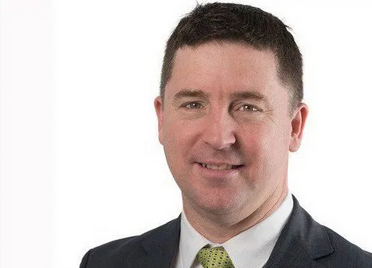Forced silence – How did we get here?
Why is religious freedom treated with such suspicion today? Why do people see it as part of the problem rather than a solution? There are four factors which, taken together, have created a perfect storm.
1. 9/11. When the twin towers fell the secular West started talking about religion as a source of evil. The New Atheists were born and while few people actually read them plenty echoed the mantra that “religion poisons everything”. Ongoing terror and drawn-out con icts in the Middle East le the West fearful of militant Islam – and perceived extremism of any kind suddenly looked suspicious. So, lunchtime prayer groups are now something the state and security services have opinions about. There is fresh tension between security and civic freedoms. In this climate of fear what government would make a choice for religious freedom that was seen to compromise security?
2. There is justi able community anger at the institutional abuse that has taken place inside the church. Priests are no longer people you trust but people you suspect. The state is rightly no longer turning a blind eye but a very watchful one to the activities of the church. Why should churches be trusted with freedoms? A choice between the safety of children and giving a suspect institution freedom is no choice at all.
3. Australia has become more secular and less churchgoing, and fewer non-Christian people know a Christian. At the same time we are all experiencing global pluralism. Largely through the teaching on sex and marriage Christianity is no longer celebrated or tolerated but seen as a threat. Religious freedom is then seen as akin to allowing prejudice and hate.
4. There has been a change to equality rights and non-discrimination laws at a speed and scale that has taken even the experts by surprise. What was on the fringes of academic discourse only a few years ago is now appearing in mainstream political parties.
Anti-discrimination laws have moved far beyond their original intent of giving a level playing eld to groups that historically have suffered disadvantage on racial, gender, disability or age grounds. The list of protected attributes and groups keeps extending. It is telling that Victoria has appointed Australia’s first Minister for Equality – not that notions of equality weren’t around before, but no one had thought we needed a dedicated cabinet post for it. The catch-cry of equality has become a Trojan horse for the state to introduce LGBTI (lesbian, gay, bi, transgender and intersex) rights to all areas of government.
This equality agenda is being put as the justice issue of our age. It is no coincidence that the same Victorian government that wants to mandate a controversial safe schools program has acted to remove religious education from the curriculum. This is zero sum gain politics where the state decides which beliefs should be protected and which proscribed.


